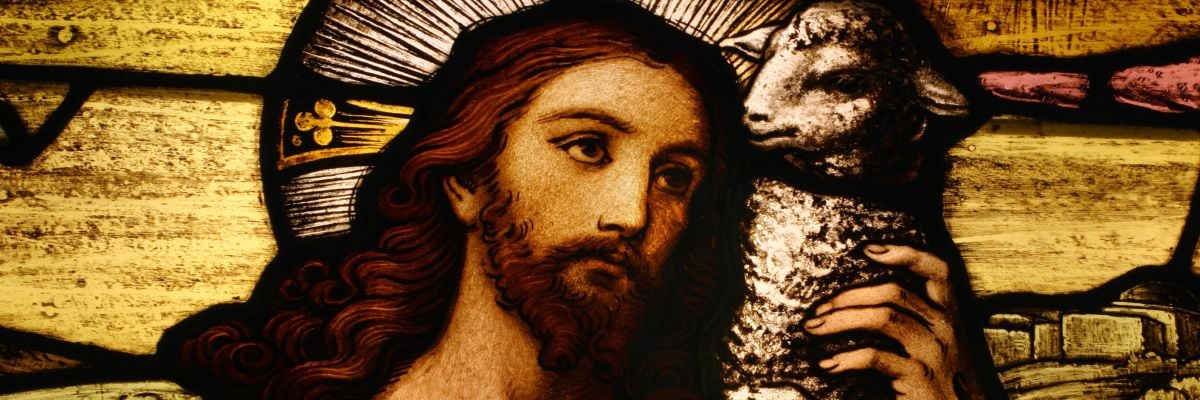
Question:
Answer:
God wanted us to show the ugliness of sin and its nefarious impact on those who commit sin and are impacted by sin, which can involve not only great temporal suffering but also eternal damnation.
By requiring blood, first through Old Covenant sacrifices, God shows the seriousness of sin, requiring the blood and thus the life of animals to imperfectly atone for the sins of his people, because the imperfectly atoning life is in the blood (Lev. 17:10-14).
Because of the inadequacy of such sacrifices, God became man (John 1:1-3, 14; 3:16-17).
Jesus, the Incarnate Word, shows the seriousness and ugly impact of sin through his one sacrifice of Calvary. In so doing, he also shows God’s great love for us. And, as the God-man, he nourishes with his blood in the Eucharist, providing us thereby eternal life (John 6:52-58).
Christ’s atoning sacrifice of Calvary—i.e., his Paschal Mystery in totality—and its sacramental re-presentation in the sacrifice of the Mass/Eucharist is God’s poignantly eloquent response to the problem of evil.



